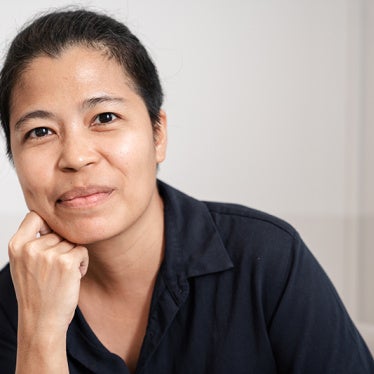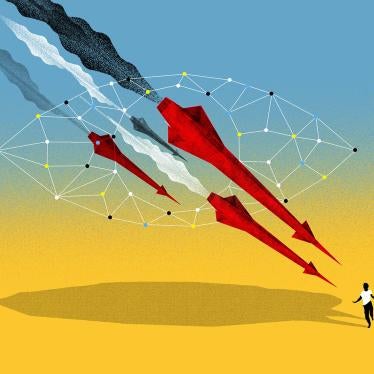The Philippine Supreme Court has ruled that President Rodrigo Duterte can provide a “hero’s burial” for Ferdinand Marcos, whose dictatorial presidency from 1965 to 1986 involved rampant killings, torture, enforced disappearances, and arbitrary arrests.
Duterte has justified that honor on the basis that it would promote “healing” among Filipinos and “erase from our people one hatred.” Marcos’s son, Senator Ferdinand “Bongbong” Marcos Jr., has likewise supported the internment in the Heroes Cemetery in Manila as a means to bring “closure” to “partisan exchange” about his father’s legacy.
But while holding a state funeral for Marcos might bring closure for President Duterte and Senator Marcos, it is a jab in the still-open wounds of tens of thousands of Filipinos and their families who suffered under the Marcos regime and to this day have seen virtually none of those responsible held to account or received redress for their loss. As the University of the Philippines Student Council stated, the Marcos burial plan was equivalent to “branding a dictator as a hero” that would only worsen the country’s “culture of impunity.”
Marcos declared martial law in 1972, which put the country on a path to dictatorship. Under Marcos, the military and police routinely rounded up activists and suspected communist rebels and their supporters – many of whom were never heard from again. A government commission estimated that the Marcos government killed more than 3,000 people and tortured thousands of others. These abuses did not let up until the “People Power” revolution of 1986 forced Marcos out of office. He subsequently fled the Philippines for the United States, where he died in 1989. His family repatriated his body in 1993 and has stored it in a refrigerated crypt in his home province of Ilocos Norte ever since.
The Philippine government should be seeking accountability and redress for Marcos’s victims rather than honoring the man ultimately responsible. Doing so would also send a strong message to today’s violators of human rights that they too will face justice, even if it is a long time coming.








